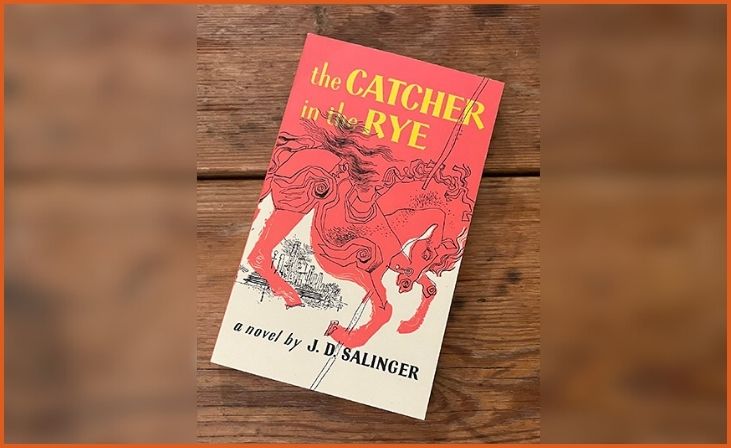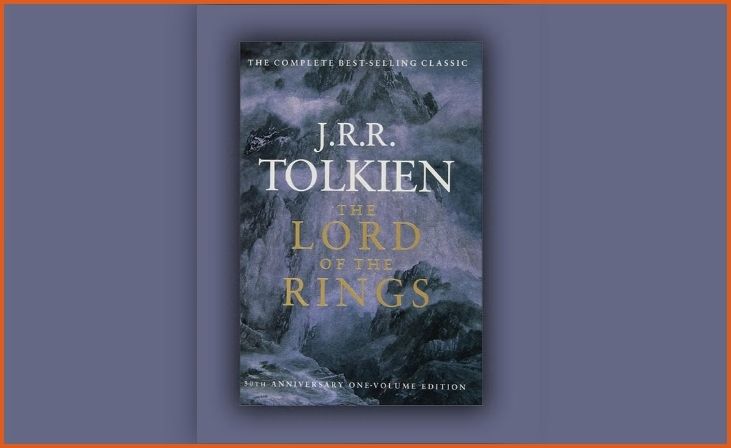These iconic books have captivated readers across America with their compelling narratives, memorable characters, and profound themes. From timeless classics to modern masterpieces, each of these works has left an indelible mark on literature and culture.
To Kill a Mockingbird

To Kill a Mockingbird by Harper Lee is a powerful exploration of racial injustice and moral growth, set in the Deep South during the 1930s. Through the eyes of young Scout Finch, the novel delves into themes of prejudice and empathy, offering a poignant commentary on human behavior and societal flaws. The story’s rich portrayal of courage and compassion makes it a beloved and enduring piece of American literature.
The Great Gatsby
F. Scott Fitzgerald’s The Great Gatsby is a dazzling portrayal of the Jazz Age, exploring themes of decadence, idealism, and the American Dream. Through the enigmatic figure of Jay Gatsby, the novel examines the disillusionment of the era and the elusive nature of happiness. Set against a backdrop of opulence and social change, Gatsby’s tragic quest for love and acceptance resonates deeply with readers.
1984 by George Orwell
George Orwell’s 1984 is a chilling depiction of a dystopian future where individuality is suppressed and reality is manipulated by a totalitarian regime. The novel’s bleak vision of a society under constant surveillance and control serves as a stark warning about the dangers of authoritarianism and the loss of personal freedom. Orwell’s incisive commentary on power and oppression continues to provoke thought and discussion.
Pride and Prejudice
Jane Austen’s Pride and Prejudice is a classic romance that explores themes of social class, marriage, and personal growth. The novel follows the spirited Elizabeth Bennet and the proud Mr. Darcy as they navigate societal expectations and their own evolving feelings. Austen’s sharp wit and keen observations of 19th-century English society make this novel a timeless favorite.
The Catcher in the Rye

J.D. Salinger’s The Catcher in the Rye captures the angst and alienation of adolescence through the eyes of Holden Caulfield. The novel’s raw and introspective narrative addresses themes of identity, loss of innocence, and the struggle to find one’s place in the world. Holden’s journey of self-discovery resonates with readers, making it a seminal work in the coming-of-age genre.
The Adventures of Huckleberry Finn
Mark Twain’s The Adventures of Huckleberry Finn follows the adventures of Huck Finn and his companion Jim, an escaped slave, as they travel down the Mississippi River. The novel tackles themes of freedom, race, and moral development with a blend of humor and social critique. Twain’s portrayal of Huck’s moral dilemmas and the dynamic between him and Jim highlights the complexities of American society.
The Grapes of Wrath
John Steinbeck’s The Grapes of Wrath depicts the Joad family’s harrowing journey from Oklahoma to California during the Great Depression. The novel addresses themes of social injustice, economic hardship, and human resilience, offering a poignant look at the struggles faced by migrant workers. Steinbeck’s evocative storytelling and empathetic portrayal of the Joads’ plight make this work a powerful social commentary.
The Lord of the Rings

J.R.R. Tolkien’s The Lord of the Rings is a sweeping fantasy epic that follows Frodo Baggins and his companions on a quest to destroy the One Ring. The novel explores themes of heroism, friendship, and the corrupting influence of power within a richly imagined world. Tolkien’s masterful world-building and intricate storytelling have established The Lord of the Rings as a cornerstone of fantasy literature.



